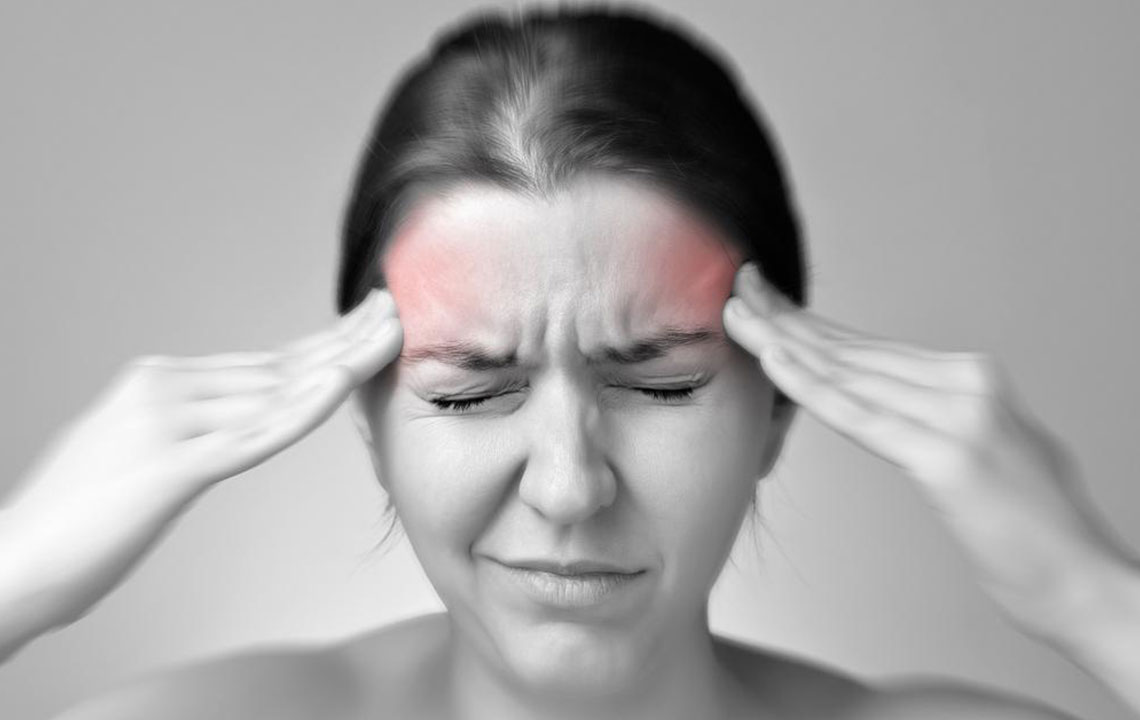Everything You Should Know about Huntington Disease
Often called as HD in medical parlance, Huntington disease is a disorder of the brain and central nervous system. It is a genetic disorder that occurs during adulthood and can affect both women and men. The disease causes nerve cells to break down and leads to progressive deterioration of mobility and memory in the affected person. It is estimated that 1 in 10,000 Americans suffers from Huntington disease.
Since Huntington disease is hereditary, every child has a 50/50 chance of carrying the gene with this disease, if it exists in the family. According to The Huntington’s Disease Society of America, around 30,000 Americans problems have the symptoms this degenerative disorder and more than 200,000 are at the risk of inheriting this disease.

What causes Huntington disease?
Huntington disease is a hereditary disease. It is caused due to the presences of a defective gene that is passed from a parent to a child. Every person inherits one copy of every gene from each parent. If a parent has a gene with the Huntington disease, the child will inherit one defective gene from that parent and one healthy gene from the other parent. However, this one copy of the defective gene is enough to put the person at risk of Huntington disease.
There are 46 chromosomes in every human body. Huntington disease is caused by the gene that is present in chromosome number four.
A few common symptoms of Huntington disease
A person affected by Huntington disease starts showing the first signs between the ages of 30 and 50. Sometimes the symptoms can occur at a very early age of 2 years and sometimes at the age of 80. The symptoms can be cognitive, psychiatric, and related to physical mobility.
- Cognitive symptoms
A person with Huntington disease will find it difficult to organize, prioritize and focus on daily tasks. The person will find it hard to adapt to any sudden changes in their life or routine. There will a tendency to stick with a single thought, action or behavior to the point of being considered stubborn. The person also exhibits sexually promiscuous behavior along with breaking into emotional outburst and losing impulse control. - Psychiatric symptoms
These include depression, apathy, social withdrawal, insomnia, constant feeling of tiredness, obsessive-compulsive disorder, frequent changes in the mood, impulsive behavior and sometimes, the person may suffer from bipolar disorder. - Physical symptoms
These include problems in involuntary movements and impairments involuntary movements. There might be involuntary jerking of muscles or writing movements. Muscles may occasionally become rigid or there might be muscle contracture. Eye moves might not be normal and there will be difficulty in posture and balance. The person may have trouble while speaking or swallowing. All these might be accompanied by an excessive loss of weight.
Diagnosis of Huntington disease
One of the best ways to diagnose Huntington disease is to review a person’s family medical history. Since this neurological disease if hereditary, tracing the family’s medical history and checking for the presence of the mutant huntingtin protein can give an approximation of how much the person is at risk. Other ways to diagnose Huntington disease include neurological testing, neuropsychological testing, psychiatric evaluation, brain imaging tests and genetic testing.
Neurological tests involve checking for the motor, sensory, and psychiatric symptoms. A neurologist may ask simple questions and check the person’s reflexes, muscle strength, and tone, coordination, balance, vision, hearing and response to sensory touches. The neuropsychological examination includes standardized tests that test the person’s memory, reasoning ability, language functions, and mental agility. A psychiatric evaluation will examine a person’s emotional state, coping skills, behavioral patterns, and the ability for judgment.
In case there is a strong evidence of a person being at risk of Huntington disease, a doctor may suggest genetic testing. This is usually followed by counseling that prepares the person for positive test results.
How to treat Huntington disease?
There is no treatment available as of now for this disease. However, doctors prescribe medications that will help to alleviate the symptoms of Huntington disease. These medications are continually reviewed and changed according to the changing state of the symptoms. Medication is accompanied by various therapies such as physical, speech, occupational, as well as psychotherapy. These help the person affected by Huntington disease to cope with the adverse effects of the disorder and live a life as close to normal as possible.

